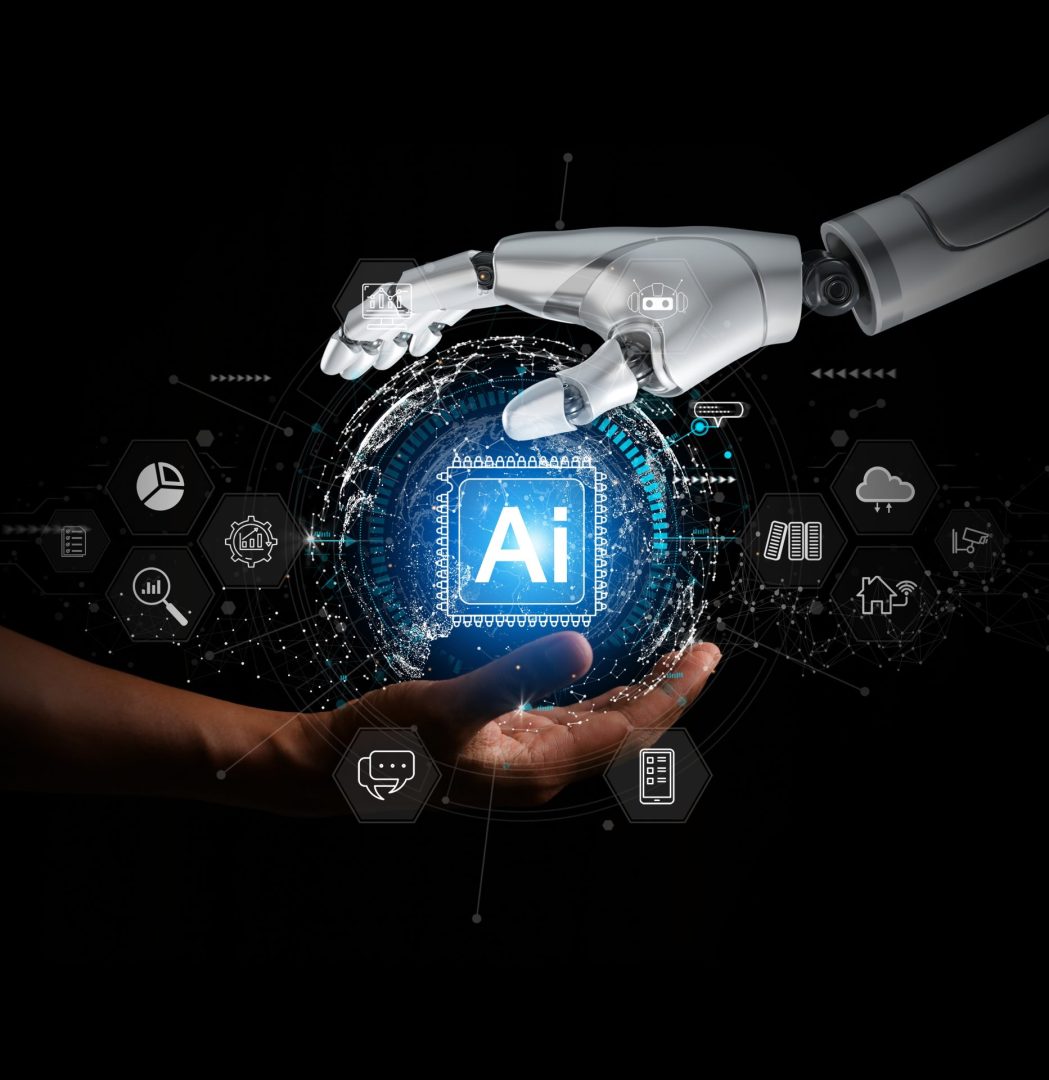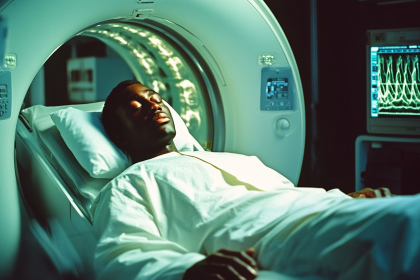Everyone’s talking about which jobs AI will eliminate, but I stumbled across research that made me completely rethink the automation conversation. While machines are getting scary good at everything from writing code to diagnosing diseases, there’s one profession that seems genuinely immune to replacement — and the reason why reveals something profound about what it means to be human.
The job? Therapists and mental health counselors. And before you roll your eyes thinking this is obvious, hear me out on why this matters for everyone’s career future.
The human connection AI can’t fake
I initially thought therapy would be prime for AI disruption. After all, artificial intelligence can already analyze speech patterns, detect emotional states, and even provide cognitive behavioral therapy exercises. Some AI chatbots are surprisingly good at offering mental health support.
But here’s what I learned: therapy isn’t just about dispensing advice or following treatment protocols. It’s about creating a genuine human connection that validates someone’s experience and makes them feel truly understood.
When you’re struggling with depression, anxiety, or trauma, you don’t just need correct information — you need to feel like another human being genuinely cares about your pain. That moment when a therapist’s eyes show real understanding, when they respond to something you didn’t even say out loud, when they adjust their approach based on subtle cues you’re giving off — that’s irreplaceable.
AI can simulate empathy, but it can’t actually feel it. And somehow, people can sense the difference.
The improvisation factor that stumps machines
Every therapy session is like jazz improvisation. A therapist might walk into a session with a plan, but within five minutes, the conversation could go somewhere completely unexpected based on what the client brings up.
Maybe someone planned to discuss work stress but instead breaks down talking about their childhood. A human therapist reads the room, abandons their agenda, and follows the emotional thread that’s most important in that moment.
I watched a session where a client was describing a fight with their partner, but the therapist noticed they kept touching their wedding ring. That tiny observation led to a breakthrough about the client’s fear of divorce that they hadn’t even consciously acknowledged.
AI excels at pattern recognition, but human behavior in emotional crisis doesn’t follow predictable patterns. Each person’s psychological landscape is unique, shaped by countless experiences, traumas, and relationships that create responses no algorithm could anticipate.
The vulnerability paradox machines can’t solve
Here’s something fascinating: effective therapy requires clients to be vulnerable, but vulnerability requires trust, and trust requires believing that someone genuinely cares about your wellbeing rather than just processing your data.
People struggling with mental health often feel isolated and misunderstood. They need to believe that their therapist is a real person who has experienced human emotions, not a sophisticated computer program designed to help them.
The therapeutic relationship itself becomes part of the healing. When clients develop genuine connection with their therapist, they often experience their first healthy relationship in years. You can’t get that from interacting with an AI, no matter how sophisticated.
Why this matters beyond therapy
The reason therapists are irreplaceable reveals something crucial about the future job market: roles requiring genuine human connection, emotional intelligence, and adaptive creativity will remain human territory.
This doesn’t just apply to mental health. Teachers who inspire students, salespeople who build real relationships, managers who understand team dynamics, creative directors who capture cultural moments — these roles all require the same uniquely human skills that make therapists irreplaceable.
The key insight is that AI excels at tasks with clear inputs and outputs, but struggles with the messy, unpredictable, emotionally complex work that defines many human interactions.
The creativity and intuition gap
Therapy often involves creative problem-solving that combines professional training with personal intuition. A therapist might suggest an unconventional homework assignment, use a metaphor that perfectly captures a client’s situation, or try a completely different approach because something feels off.
These decisions aren’t based on data analysis — they’re based on years of human experience, emotional intelligence, and intuitive understanding of how people work. AI can suggest evidence-based interventions, but it can’t have that “aha” moment where a creative solution emerges from nowhere.
What this means for your career
If you’re worried about AI taking your job, look at what makes therapists irreplaceable: genuine empathy, creative problem-solving, ability to build trust, skill at reading subtle emotional cues, capacity for authentic human connection, and flexibility to adapt in unpredictable situations.
Jobs heavy on these skills will likely remain human-dominated. Jobs that are more about following procedures, processing information, or completing predictable tasks are more vulnerable to automation.
The surprising career lesson
The most AI-resistant careers aren’t necessarily the most technical ones — they’re the most human ones. While everyone’s rushing to learn coding or data analysis to stay relevant, the real job security might come from developing skills that make you more human, not more machine-like.
Emotional intelligence, creative problem-solving, authentic relationship-building, and the ability to provide genuine care and understanding — these aren’t just nice-to-have soft skills anymore. They might be the ultimate job security in an AI-dominated world.
The bigger picture about human value
Understanding why AI can’t replace therapists gives us a roadmap for thriving alongside artificial intelligence rather than competing with it. The future probably isn’t humans versus machines — it’s humans and machines working together, with each doing what they do best.
AI can handle the data processing, pattern recognition, and routine tasks. Humans can focus on creativity, emotional connection, complex problem-solving, and providing the care and understanding that makes life meaningful.
That division of labor doesn’t diminish human value — it highlights what makes us irreplaceable.
















